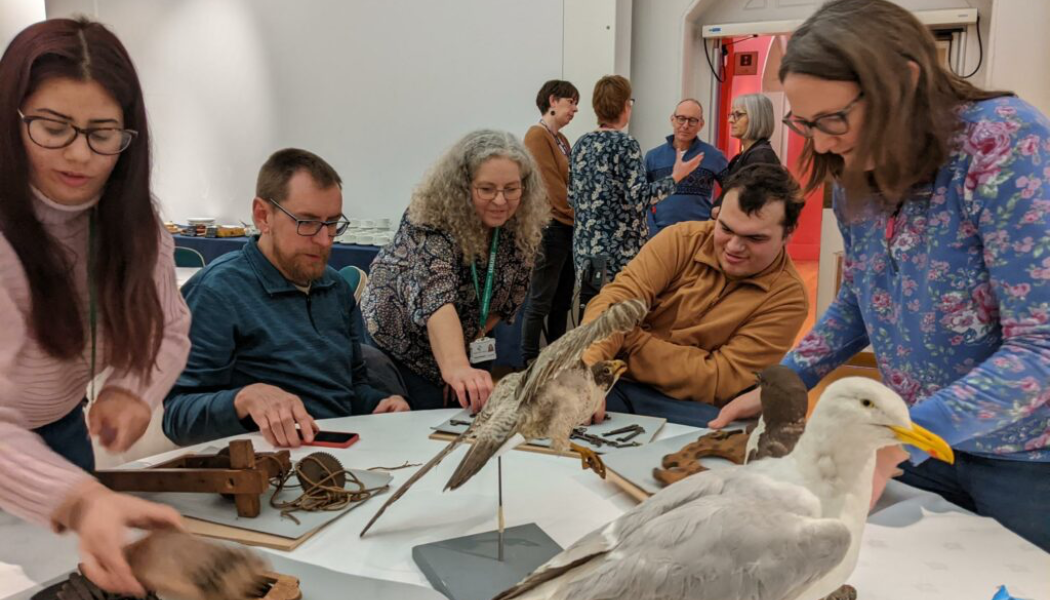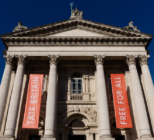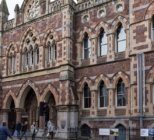The Royal Albert Memorial Museum (RAMM) has partnered with disability organisations and sound artist Gemma Nash to create a series of experimental audio guides, designed to support visitors’ journeys around the museum.
The project – Sound Journey – is an 11-track exploration of the museum which visitors can access to support their journey through the space, whether in-person or remotely.
Unlike a typical audio guide, the tour is a combination of sound effects, snippets of conversation, stories and thoughts brought together to create ambient soundscapes, with each of the sound pieces relating to a specific object in the museum.
The work is hoped to inspire new ways of thinking about objects, based on the creative responses of people with a diverse range of abilities and experiences.
To create the project, local creative practitioners Felicity Shillingford and Cara Roxanne held a series of immersive in-person and online workshops with individuals, supported by disability partner organisations Magic Carpet, Pelican Project, CEDA and Learn to Live: 19-25.
The project team worked alongside disabled artist Gemma Nash to direct and shape the work, which generated audio content, stories and views from the participant groups. The creative practitioners used RAMM sights and sounds as stimulus for the sessions.
RAMM said the project focused broadly on the theme of ‘movement’, with participants inspired to think about objects’ journeys to the city, to the building, and to the case they now inhabit.
Nash said: ‘I’m really proud to be part of this sound journey, which allows visitors to access the museum in a new and exciting way. It was a real privilege to work with local artists and disabled people with the support of RAMM. Projects like this are so important for increasing the visibility and viewpoint of disabled visitors and artists.’
The project is part of the museum’s effort to ensure people living with disability can visit comfortably and see their own experiences reflected in the museum’s space.
Exeter City Council lead for Arts, Culture and Corporate Services Cllr Laura Wright said the project had initially been developed as a direct response to the impacts of the Covid-19 pandemic, which particularly affected vulnerable adults’ wellbeing and mental health.
Wright said: “RAMM is always looking for ways to make our building and resources more welcoming to individuals with learning and physical disabilities. The best way of achieving this is to ask for the expertise of people with disabilities and those who directly support them.”










